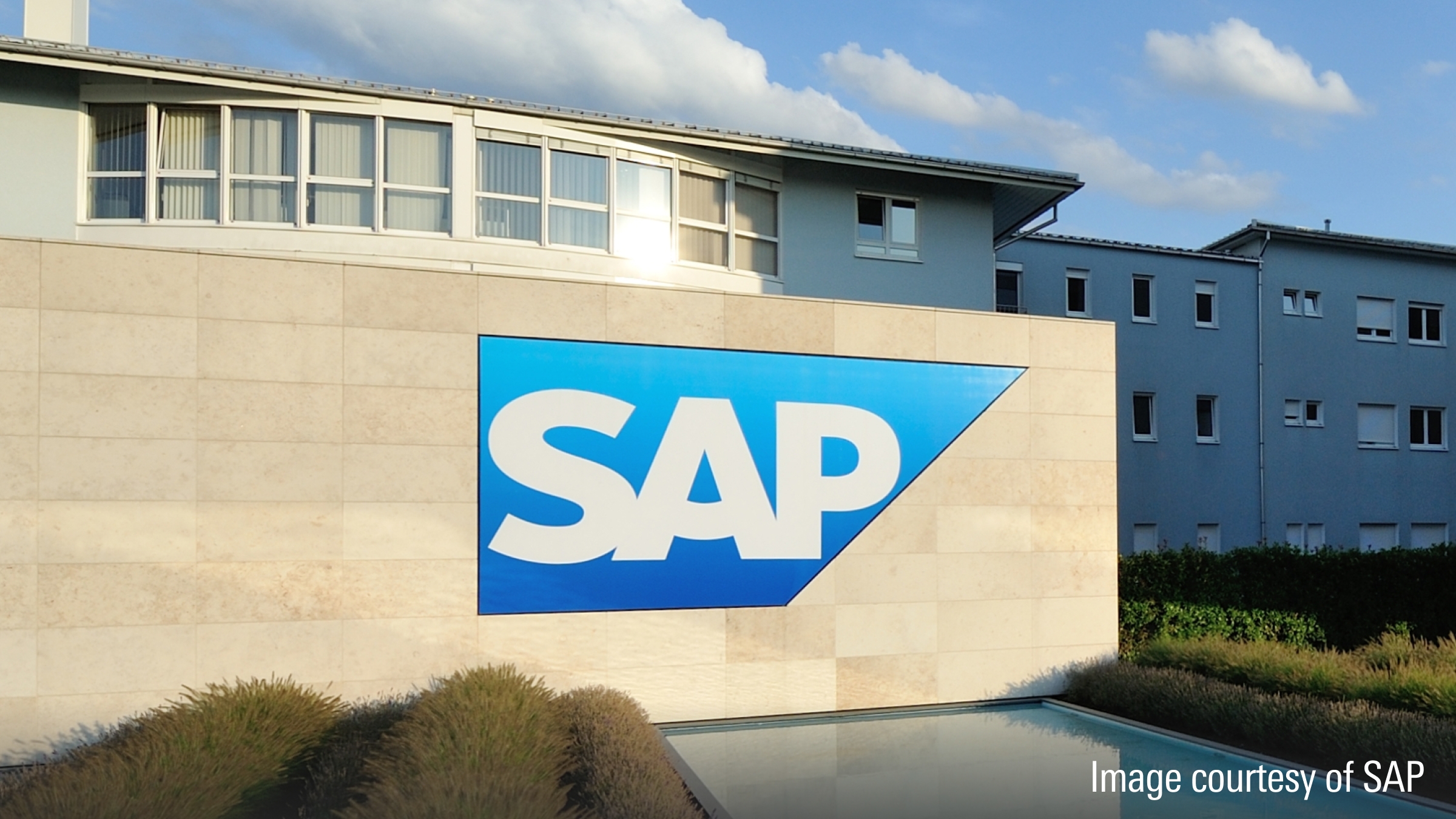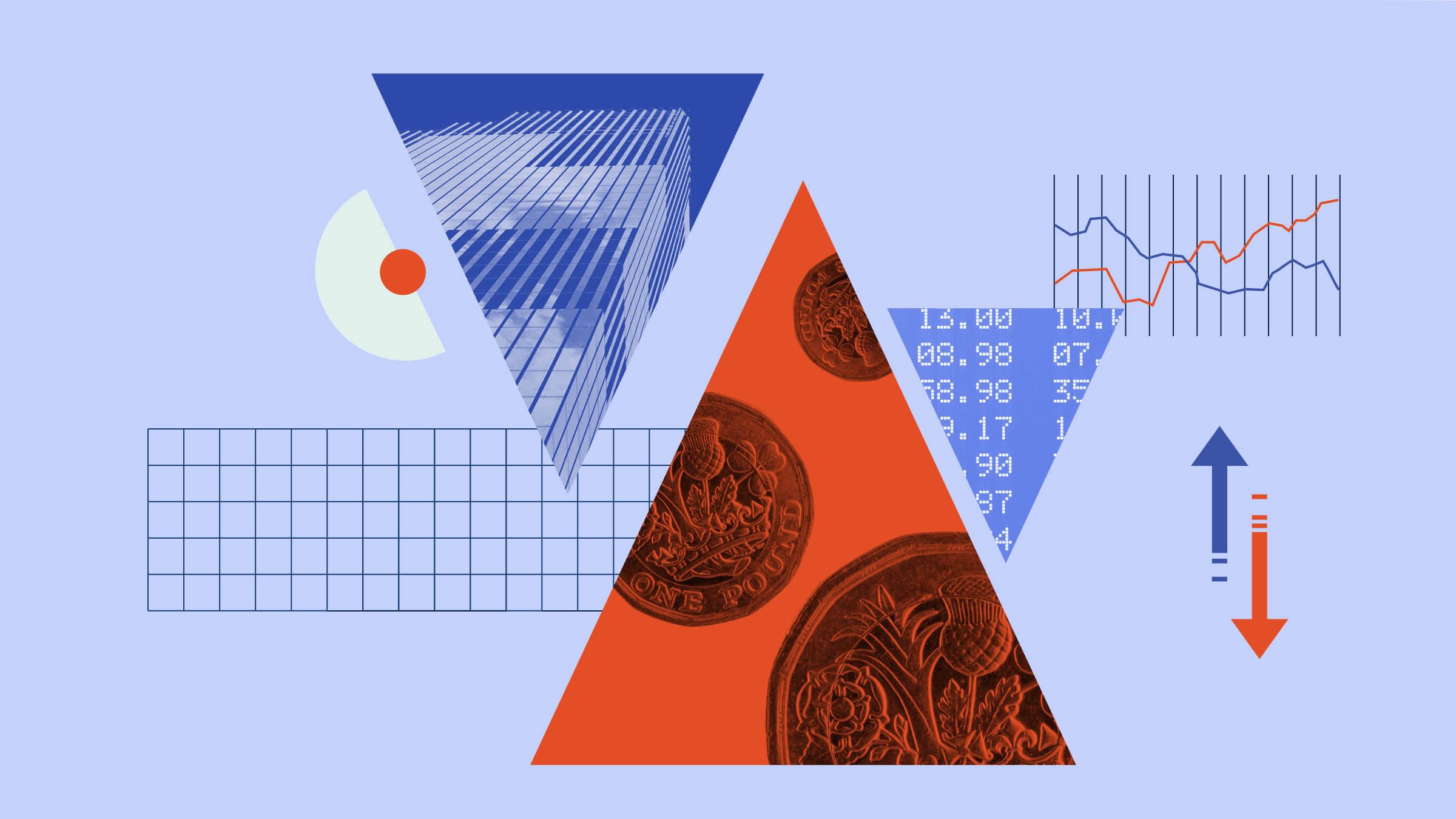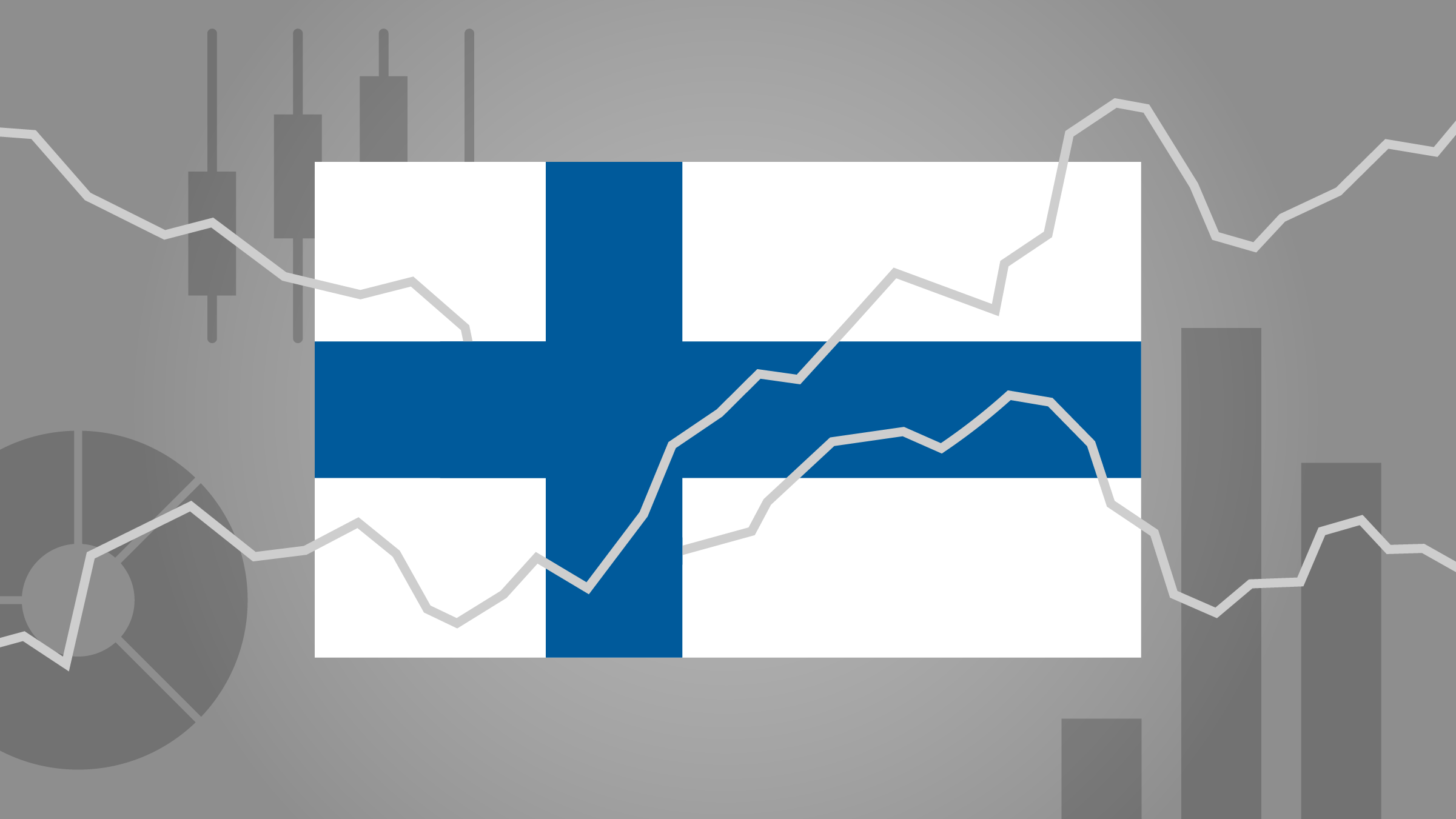Emma Wall: Hello and welcome to the Morningstar series, "Ask the Expert." I'm Emma Wall and I'm joined today by Morningstar Investment Management's Cyrique Bourbon to talk about the French election.
Hello, Cyrique.
Cyrique Bourbon: Good morning, Emma.
Wall: So, the French election is in two parts and we've had part one where two frontrunners have emerged which will go head-to-head next month in the second round of the elections and they are two people that perhaps you would assume were the outsiders because what we have in essence here is the French election with neither of the two major parties.
Bourbon: Exactly. I think, that is the kind of main message. First is that the traditional parties, the left and the right, are not represented. So, this is interesting from the perspective of the view the French people have taken for the future. Obviously, Marine Le Pen was generally expected to be of the final two given the kind of populism movements and the rise we've seen from these types of movements in the last couple of years globally, but also importantly in France.
Emmanuel Macron, very interesting to see him come as first. Clearly, which is good from a political perspective. I think the French have taken the view that the traditional way of looking at politics, left/right, you probably needed to go beyond that. And Emmanuel Macron, his message was clearly to try and harness the best of both in this campaign. And the French seem to willing to give him this mandate or at least he is clearly in the lead.
Wall: He is in the lead and he will be the youngest French President since Napoleon I read this morning. He doesn't have a political background unlike Marine Le Pen which has controversial politics but comes from a family of politicians. What do those two things mean for the French people?
Bourbon: I mean, I think, I would divert slightly. I mean, Emmanuel Macron, he doesn't come from a traditional, say, political family but he does have a similar background in terms of his studies. He has been well-trained. Obviously, he is very young. He has risen through the ranks very quickly. So, he is clearly very clever and has very strong views and very interesting ways of being accepted and presenting himself. So, I think it's very refreshing as well for French politics to have a younger candidate who has got strong views, who seems very dynamic and very positive generally.
Wall: Let's boil it down. This is a sort of beginner's guide to French politics. Le Pen is basically the Trump of France, is that fair, anti-EU, anti-immigration, and Macron is much more left-wing, much more pro-Europe, is that fair?
Bourbon: I think on Le Pen, that's definitely fair. She is clearly anti-Europe, anti-euro, anti-European Union and she basically wants to close the borders in light of what's been happening, especially in the last few years. Macron, I'd say, is still quite – I'd say he is economically a bit more close to the right and socially, in terms of values, probably more close to the left. So, I think, it's kind of a good blend that should work quite well for French politics in the future.
Wall: And Macron is the leader so far, but we have learned over the last couple of years not to trust the polls. We've seen that in the U.S. and indeed, in the U.K. over Brexit. We've also seen a right-wing politician be very positive for markets in the U.S. Le Pen maybe a divisive character, but if she follows the policies and has the same effect on markets that Trump has in the U.S., it could actually be a positive thing for stocks. What are the likely outcomes in terms of investment both for economics and indeed, stock markets of these two results?
Bourbon: Yeah, I mean – and I think we see it a little bit this morning. We've got about 4% rally in French equities, broadly speaking, European equities, but banks are up about 9%, 10% in a couple of hours. I've personally thought the outcome of Macron/Le Pen was broadly priced in but it clearly seemed it kind of wasn't. So, it would be interesting to see what happens next.
I think the outcome from a Le Pen win in two weeks' time is most likely to be negative. If you start kind of do the math after the scores last night, you still get to about – probably about 40% for Marine Le Pen. Probably the best-case scenario, I think the kind of unity of the French people against the kind of extremism that she represents will probably prevail. That's what's happened before. Of course, a lot of people say, with Trump you never know. But I think it's quite different.
I mean, the type of moves you require for Le Pen to win in two weeks' time are way, way, way, higher than you saw with Trump winning last year in the States. So, kind of, unlikely in my view. So, from a market perspective, yes, it would be negative if Le Pen were to win. For Macron, it's broadly positive, but I thought most of it was priced in, clearly wasn't quite. And just – I mean, my personal view of investments does remain very long-term and we don't anticipate any short-term moves based on the outcome of political events.
And worth reminding people and investors that political elections and obviously political mandates are by nature short term, they are finite, so therefore, in the case of France, it's five years and that does mean that for investors with long time horizons of five years on the scale of 20 to 30 is actually not that much.
Wall: Cyrique, thank you very much.
Bourbon: Thanks for having me.
Wall: This is Emma Wall for Morningstar. Thank you for watching.



















